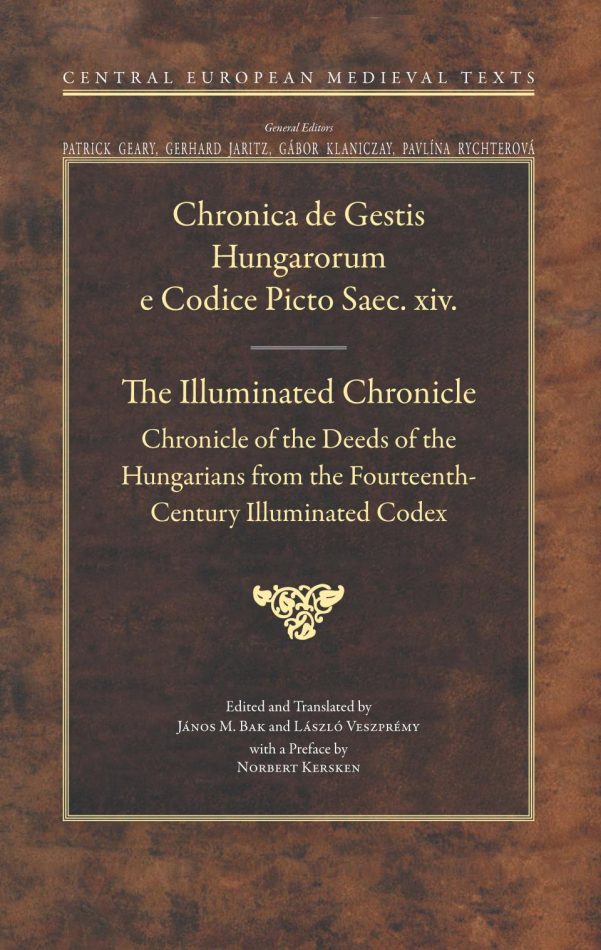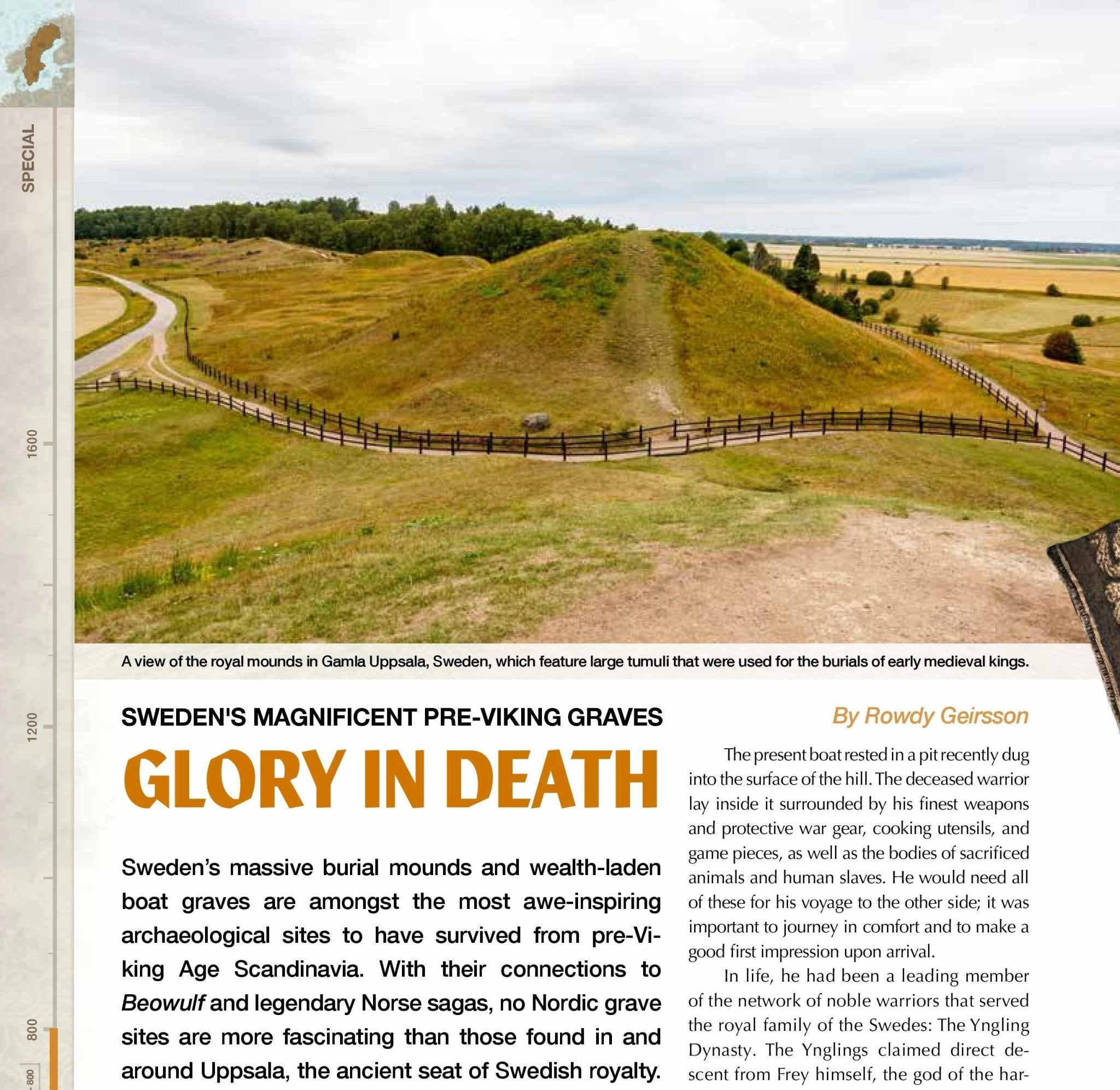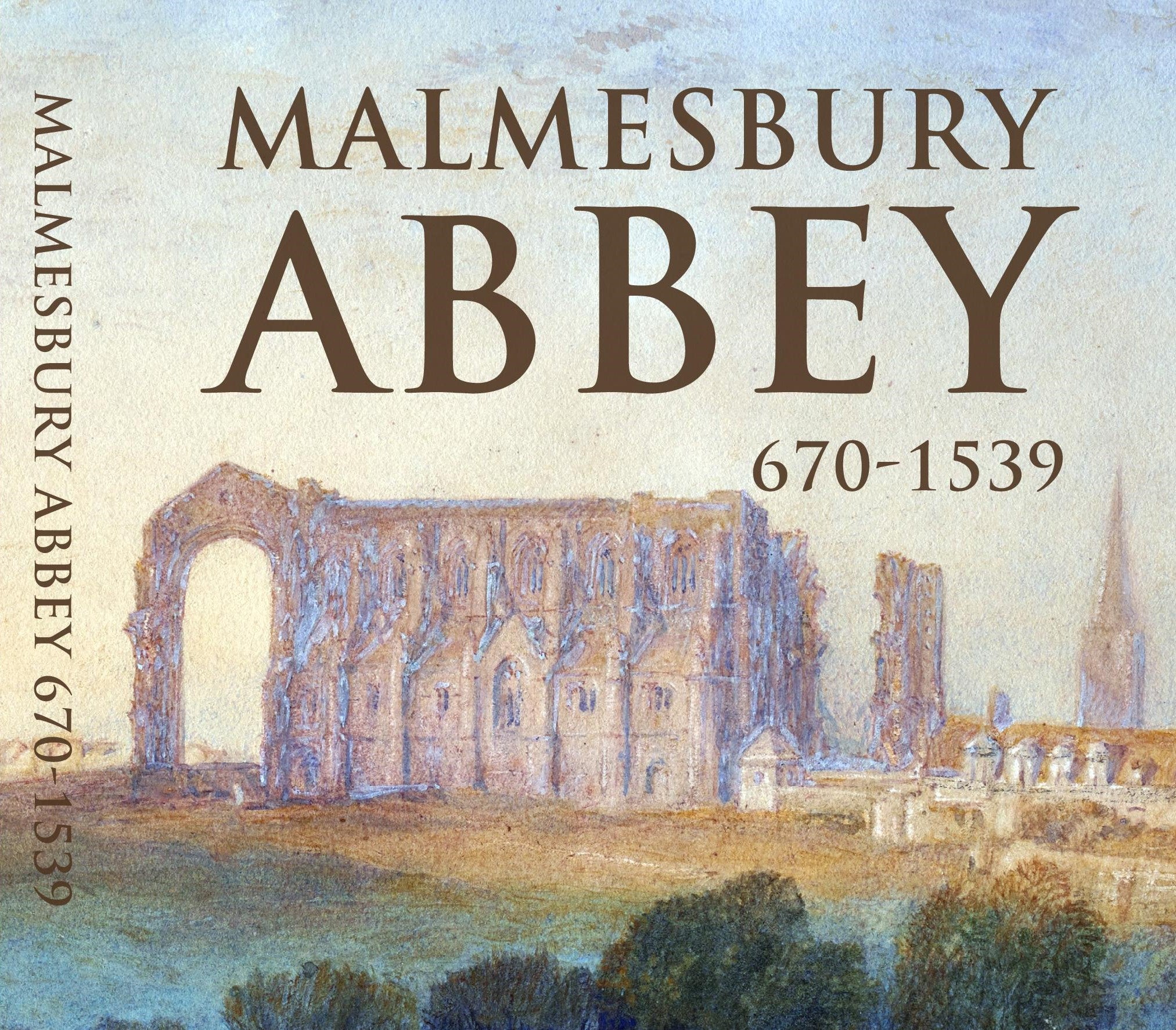How not to invade a country: The Battle of Posada
“When you leave your own country behind, and take your army across neighborhood territory, you find yourself on critical ground.” - Sun Tzu in The Art of War.
Many a military commander have not heeded Sun Tzu’s warning about invading an enemy territory. Such was the case with the Hungarian king Charles I. In the year 1330 he went to war with the neighbouring territory of Wallachia. The people of that mountainous region were the Vlachs, ruled by Basarab I, and in previous years he had paid tribute to Hungary. However, King Charles was convinced to attack Wallachia by another of his vassals, seemingly with the intention of extending his kingdom as far as the Black Sea.
A Hungarian army of 30,000 men took part in the invasion, and they were far more numerous and better equipped than the Vlachs. The first part of the campaign went well, with the Hungarians occupying the city of Severin (present-day Drobeta-Turnu Severin). Basarab attempted to seek peace, but Charles refused and continued his army’s march.
The Chronicle of the Deeds of the Hungarians, a fourteenth-century account that has recently been translated into English, explains what happened to the Hungarian army:
Among the high mountains and forests of this unknown country they could find no provisions, and the king himself and his warriors and the horses soon began to suffer hunger.
With the situation looking bleak, Charles accepted Basarab’s truce and began to return home. However, his large army would soon see themselves trapped by the Vlachs:
With his whole army he came to a defile where the road was surrounded on either side by steep slopes; and ahead, where it broadened out, the way was blocked by strong barriers which the Vlachs had set up at many points. The king and all his men suspected nothing, and then from the top of the slopes on either side countless numbers of Vlachs running back and forth hurled down missiles upon the king’s army on the road below. It could not be called a road, but it was rather like the narrow hold of a ship, in which fighting men and strong warhorses were so pressed against each other that everywhere they fell to the ground.

The army of Charles I ambushed by the Vlachs at Posada from the Chronicle of the Deeds of the Hungarians.
Known as the Battle of Posada, it took place over several days - November 9-12, 1330 - with the Vlachs able to use the hostile terrain to their advantage. The Chronicle noted the large loss of life among the Hungarians and their Cuman allies, with others being taken captive. It goes on to report:
The king himself had changed his coat of arms for those of Desiderius son of Denis, who was cruelly slain, as they took him for the king. The king barely escaped with a few, protected by his faithful men. Like a wall of stone there stood around him, Master Dancs with his son Ladislas and other men of the royal household, and Master Martin, the son of Berend, and upon themselves they took the heavy rain of arrows and sword strokes in order that the king’s life might be preserved against the onrush of death.
While the chronicler added that the defeat was a message sent by God to “teach humility” to counter the Hungarians’ pride, it might be better to see this campaign as a textbook example of how not to conduct an invasion. Even with superior forces, the invaders failed to understand the country they were attacking, leading them first to supply problems, and then ultimately into a trap.
 The Chronicle of the Deeds of the Hungarians from the fourteenth-century Illuminated Codex, edited and translated by Janos M. Bak and Laszlo Vezpremy, has been published by Central European University Press as part of it Central European Medieval Texts series. Click here for more details.
The Chronicle of the Deeds of the Hungarians from the fourteenth-century Illuminated Codex, edited and translated by Janos M. Bak and Laszlo Vezpremy, has been published by Central European University Press as part of it Central European Medieval Texts series. Click here for more details.




